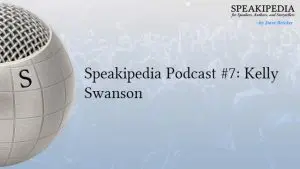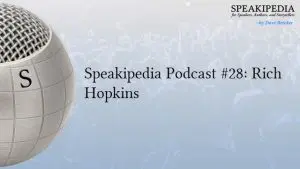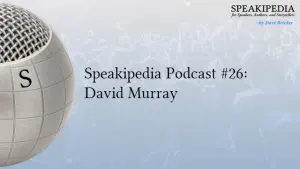“Crutch words” and “filler words” are empty stuffing that gets inserted into speech when we can’t think of what to say. Obvious examples are “like,” “well,” and “you know.”
This whole thing is like, you know, some sort of bad dream. It’s like, well, imagine if your whole world just like crumbled around you. Have you ever, like, felt that, you know, that well, you just can’t get a break?
I heard two sports announcers on the radio who both inserted “you know” so often that I was unable to hear anything else they were talking about.
“Blah blah blah you know blah blah you know?”
The good news is that filler word use is a habit—and habits can be broken.
The goal is not to eliminate fillers entirely. You might choose to add one, especially when you want to sound conversational, and if you let a few slip, well, you know, that’s no big deal.
As professional speakers, our goal is to gain control over what comes out of our mouths.
Whatever we say, we should say consciously and with conviction.
If you’re struggling to overcome the filler word habit, join a Toastmasters club. The Ah-Counter will click a clicker whenever you utter a filler word, and you’ll soon become painfully self-aware.
The next thing you know, you’ll be … um (click) … clicking yourself in your head every time you slip, and after about three weeks, your filler habits will disappear.
Unlearn the filler word habit, and when you can’t think of what to say … pause until the light comes on and then continue.





